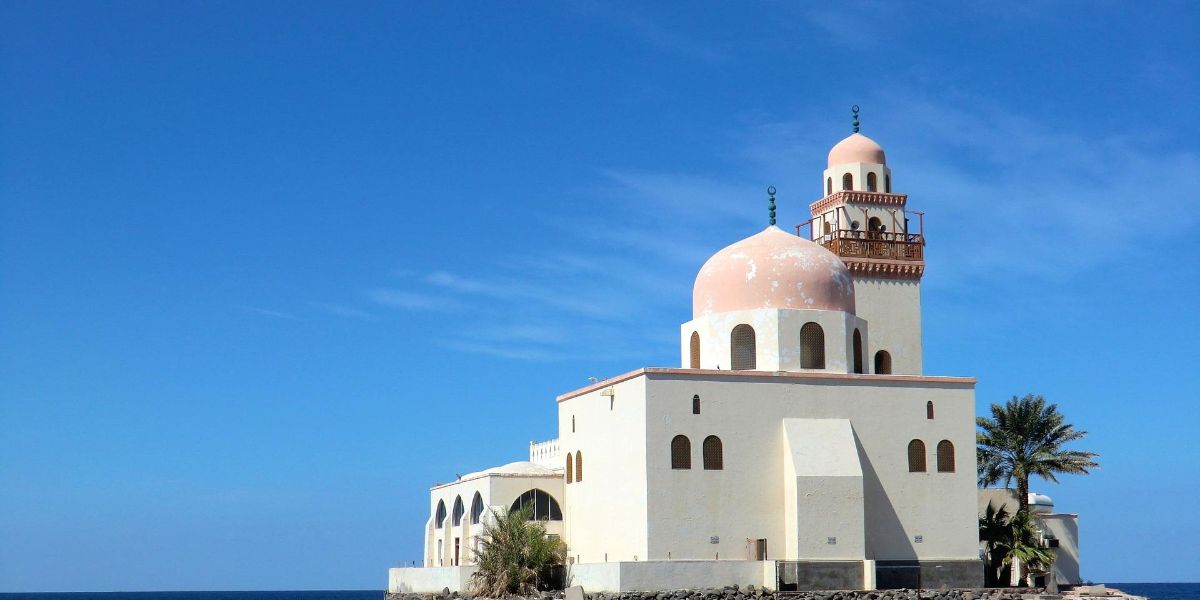The Saudi Cabinet approved on 22 December 2016 a 5-year financial sustainability plan called “Fiscal Balance Program” which is expecting to abolish the budget deficit by 2020.
The objective of the program is to increase revenues from non-oil sectors. In December 2016 the government of Saudi Arabia signed a Gulf Cooperation Council (GCC) framework agreement to implement VAT in the GCC area and according to which a 5%VAT will be introduced by the first quarter of 2018.
According to the agreement, excise taxes on soft drinks and on tobacco and energy drinks at the rates of 50% and 100%, respectively, will be introduced by the first quarter of 2017.
Levies on expatriates will be increased. According to the program the monthly levy paid by companies on the number of their expatriate employees exceeding their Saudi employees will increase from current SAR 200 (USD 54) to SAR 400 (USD 108) in 2018, SAR 600 (USD 162) in 2019 and SAR 800 (USD 216) from 2020 onwards. For other companies with number of expatriate employees equal to the number of Saudi employees a monthly levy has been introduced which is of SAR 300 (USD 81) in 2018, SAR 500 (USD 135) in 2019 and SAR 700 (USD 189) from 2020 onwards. Further a levy on the employee’s dependents has also been introduced which is SAR 100 (USD 27) per month in 2017, SAR 200 (USD 54) per month in 2018, SAR 300 (USD 81) per month in 2019 and SAR 400 (USD 108) per month from 2020 onwards.
The provisions of VAT and excise taxes will be implemented after the enactment of a domestic law which is scheduled for 2017. According to the program there will be no income tax for Saudi or expatriate employees.

















